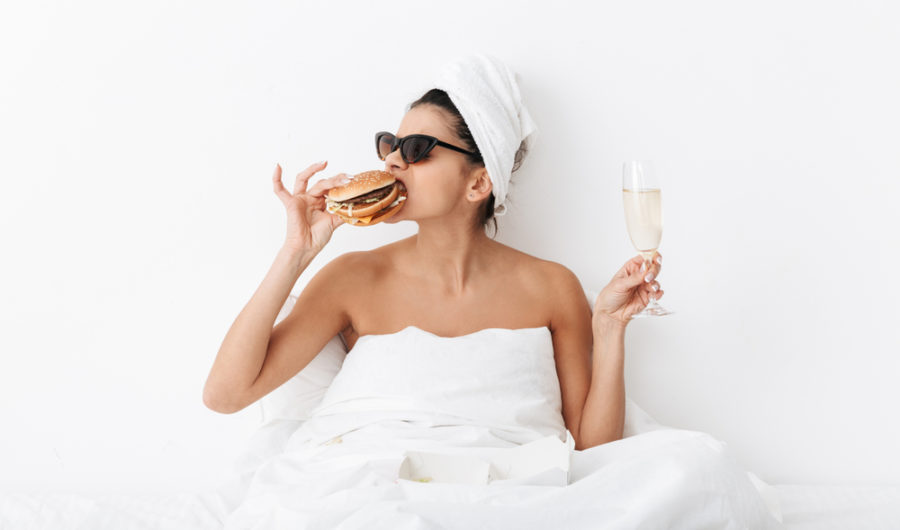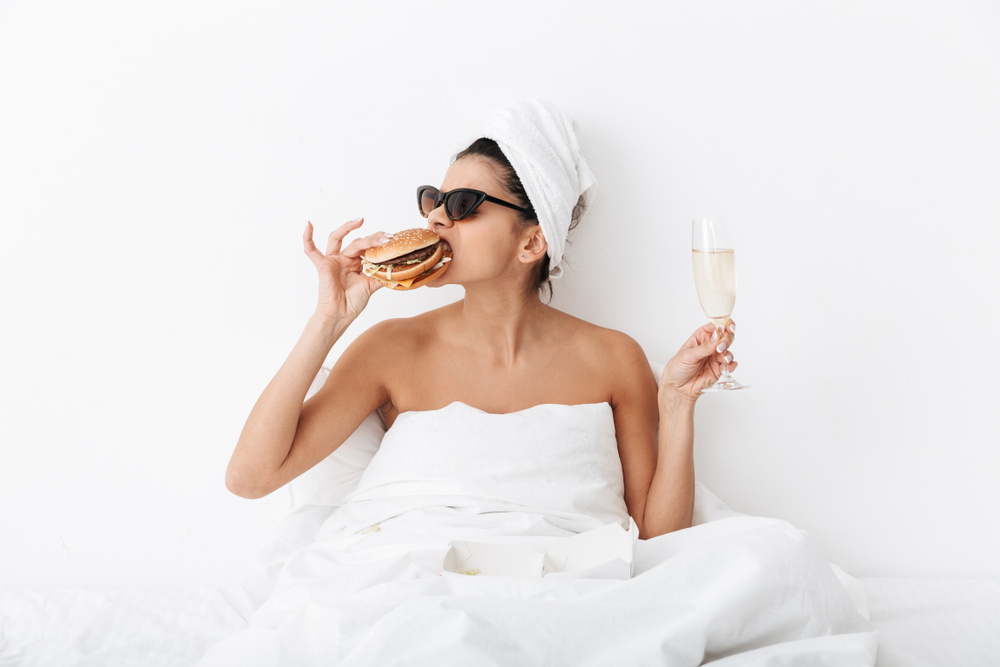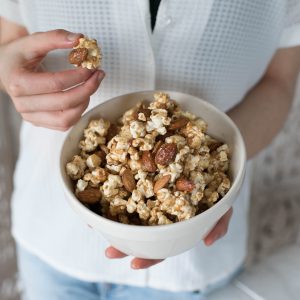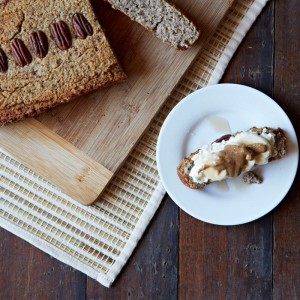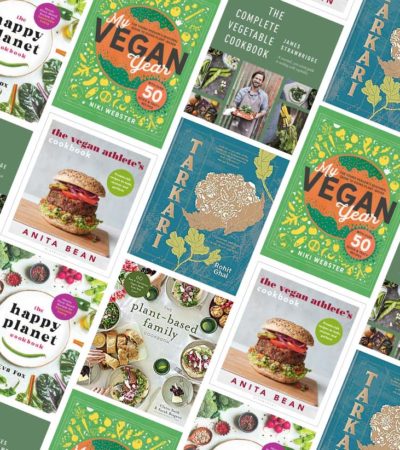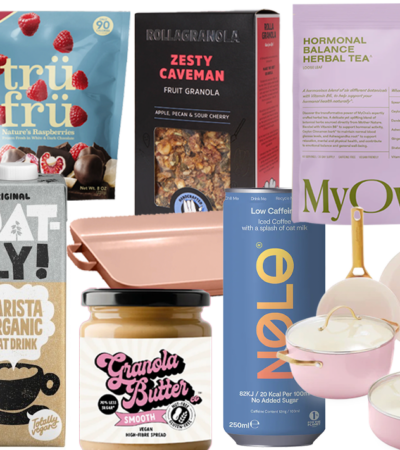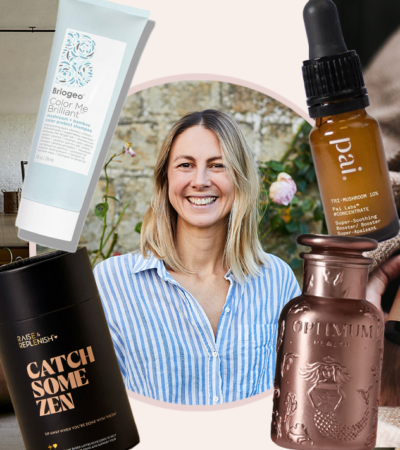If you start most days exhausted after another broken night’s sleep, then consider yourself in good, if a little bleary-eyed, company – a recent NHS study has shown that a third of the population have suffered from insomnia and disrupted sleeping patterns. With technology, stress and busy lives all common factors in us losing our valuable eight hours a night, it seems simply counting sheep is no longer enough to have us nodding off into dreamland, and it’s affecting our day-to-day lives in more ways than we realise.
With the quality of sleep being strongly linked with immunity, mental wellbeing and diabetes, we know the significance of a restful night for all-round wellness. Surprisingly, one of the most effective ways of curing nights spent tossing and turning is with our diet and there are some specific nutrients which have been linked to a restful slumber. These include sleep-enhancers such as Tryptophan, Magnesium (a deficiency of which can cause insomnia), Vitamin D (deficiency associated with daytime sleepiness), Potassium (deficiency leads to difficulty staying asleep), Vitamin B (especially B6) Calcium and Antioxidants such as Vitamin C +E.
If you’ve ever been caught out with the midnight munchies, we can totally relate! For women, periods can often be to blame for causing an increase in appetite and it’s completely normal (and healthy) to up your intake to support your body during that time. Sometimes, however, you’re just more hungry than usual! And that’s ok too! Eating just before bed is generally not advised if you’re struggling with sleep but here are some safe foods that, should hunger strike, won’t disrupt your sleep and might actually help you drift off.
Turkey
Most of us can all safely say that the post-Christmas lunch slump is REAL. Once your bottom hits the sofa and Home Alone starts playing, there’s no hope for you. Get ready for that afternoon snooze! The combination of Tryptophan-rich turkey and a heavy dose of carbohydrates will be responsible for your sleepiness so add some turkey to your basket on your next food shop to save you from starring hopelessly at your fridge before bed.
Peaches
We were listening to a podcast (don’t ask us which one, it was too long ago!) with a nutritionist and she mentioned she gave her children peaches after dinner to help them wind down for bed as they are great for promoting relaxation and reducing stress. In Hungary, peaches are called “the fruit of calmness” as they are known to help combat restlessness. With a low GI, peaches will not only satisfy the desire for something sweet, but they will also help you feel more relaxed and ready for sleep.
Bananas
Rich in muscle-relaxing magnesium and potassium, bananas are a perfect pre-bedtime snack if you’re still a bit peckish after dinner. Often recommended for easing period cramps, you can eat them straight from the skin or you can enjoy a slice of this Refined Sugar-Free Paleo Banana Bread topped with some almond butter! More on almonds below!
Almonds
What are almonds NOT good for? They are without a doubt a superfood in our books and make a tasty snack whether you’re at home or on the go. Almonds contain melatonin and magnesium, both of which can help you sleep better. Melatonin is known as the sleep-regulating hormone and magnesium is thought to reduce inflammation and cortisol, a hormone often responsible for interrupting sleep. If that paleo banana bread above didn’t take your fancy then why not try these Almond Popcorn Clusters? A delicious movie snack that won’t keep you awake at night!
Oats
Whoever said you shouldn’t have carbs before bed is A) a killjoy and B) misinformed. Carbs are essential for a healthy body and brilliant for promoting sleep. Oats are a great choice because they are high in fibre, chock full of important vitamins and minerals and contain the sleepy hormone, melatonin. What’s more sleep-inducing than a cosy bowl of warm porridge? Drizzle it with almond butter and you’ll be dreaming in no time!
Try this: Almond Bakewell Vegan Panna Cotta

